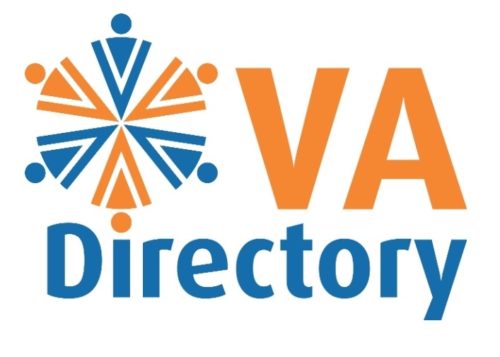As Virtual Assistants we are constantly using the written word to communicate with clients, potential clients, our peers and others online. We help our clients reach out to their clients as well and use many different mediums to achieve this. Ways to do this include blog posts and e-newsletters.
The thing we have to remember is that our audience is global – not just local. And I find so many lists I am on forget this. Just simple things such as saying ‘welcome to Spring’ when, in fact, half your audience is probably in the other hemisphere and experiencing the opposite season. I like to qualify my messages by saying, ‘here in Australia….’ and then go on to talk about the seasons, weather or whatever it was I was going to say.
 Whilst that is purely a matter of just thinking about your audience but not necessarily a problem if you forget, there is something else you really should be very careful about – and that is using local slang in broadcasts that go out to a global audience. What might appear to be a harmless or common word where you live, could well be a word that is rude or has a bad meaning in another part of the world. It is often best to use the correct word for describing something rather than its slang counterpart – especially if you’re not sure that word is used outside of your own shores. Could save some embarrassment, or even upsetting some people. So, read through what you want to send out and think carefully about the words you use, particularly descriptive words and a good rule of thumb would be, change the word, if you’re not sure 🙂
Whilst that is purely a matter of just thinking about your audience but not necessarily a problem if you forget, there is something else you really should be very careful about – and that is using local slang in broadcasts that go out to a global audience. What might appear to be a harmless or common word where you live, could well be a word that is rude or has a bad meaning in another part of the world. It is often best to use the correct word for describing something rather than its slang counterpart – especially if you’re not sure that word is used outside of your own shores. Could save some embarrassment, or even upsetting some people. So, read through what you want to send out and think carefully about the words you use, particularly descriptive words and a good rule of thumb would be, change the word, if you’re not sure 🙂
I know on the VA forum I run we’ve had fun with word games in the past teaching VAs in different countries the different meaning for the same word, i.e. a ‘thong’ here in Australia is something you wear on your feet in the summer. Not so elsewhere – just as an example.

Jaeger Jermaine says
This is a nice post on being responsible on how we utter words whenever we talk to different people. It is much better to do research first prior to communicating with other people of different nationality. It is also not bad to ask questions as opposed to creating assumptions which are wrong. Therefore, we should really learn how to watch our language and make use of professional words in avoidance to misunderstandings.
http://www.secretstaff.com